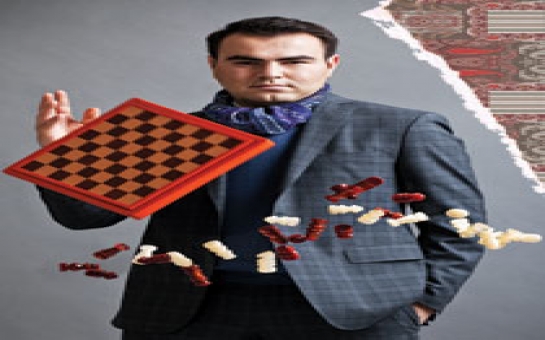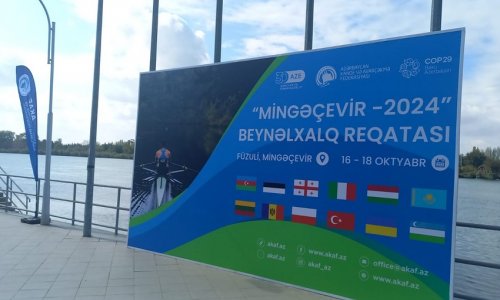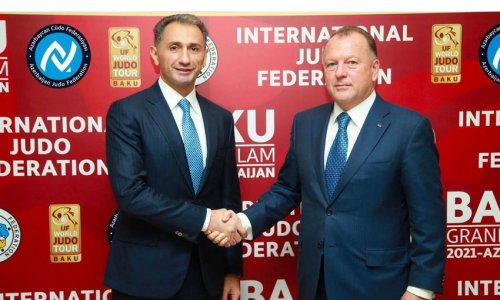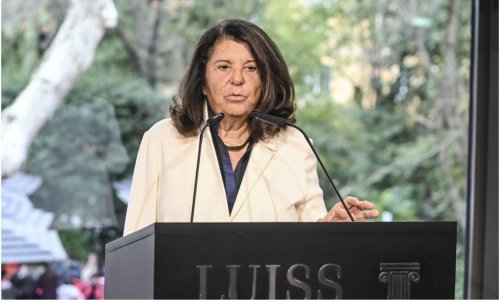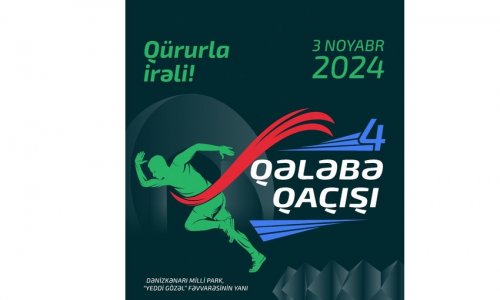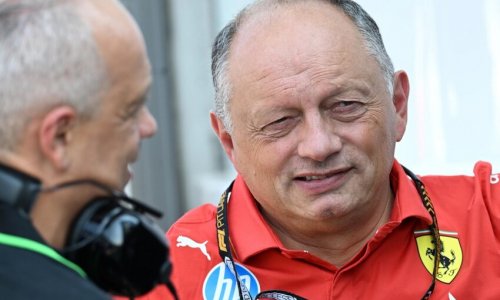by Jeyran Bayramova
Azerbaijan has long since punched above its weight in chess. With a population of nine million, it stands 14th out of 152 countries in the rankings of World Chess Federation FIDE. Stroll through Baku, especially in the warmer weather, and you will often see groups of people huddled round watching a chess game.
Chess has been popular in Azerbaijan down the centuries. In the days of the khans, playing chess was a sign of good manners. According to tradition, during his travels in the Caucasus French author Alexandre Dumas père lost at chess to poet Khurshidbanu Natavan, the last descendant of Panah Khan of Karabakh. Whether or not they actually played chess, the French author did present a chessboard to Natavan, which you can see at the Nizami Literature Museum in Baku.
Chess schools and clubs can be found across Azerbaijan, many of them established in Soviet days. The best-known alumnus of Baku’s chess schools is former World Champion Garry Kasparov, famed for his rivalry with Anatoly Karpov and the computer Deep Blue.
The tradition of chess success is continuing. In October the Azerbaijani national team won the European Championship in Poland, a victory described as historic by President Ilham Aliyev. This win is down to teamwork. It’s not the success of an individual player, but shows the strong potential of the team. It is evidence of the high level of chess in the country. And developing chess is part of Azerbaijan’s state policy today.
A key member of that European Championship side was Shakhriyar Mamedyarov (Shahriyar Mammadyarov), Azerbaijan’s highest ranking grandmaster, according to World Chess Federation FIDE. It’s been a good year for Shakhriyar who won the World Rapid Chess Championship and the Geneva Chess Masters in June and the Beijing FIDE Grand Prix in July.
When we spoke to him, Shakhriyar didn’t know that more success lay around the corner in Poland, though his mood was upbeat and determined.
Another stat from Shakhriyar’s career – he’s the only chess player in the world to be Junior World Champion twice.
Let us first of all congratulate you on your Grand Prix victory in Beijing. Do you know how many wins you’ve had in your career?
Thank you for the congratulations. I’ve had a lot more wins in the last few years, but I don’t have any idea how many victories I’ve had in my chess career. However, the win in Beijing was really significant for me.
Which victory was the hardest? Which do you remember best?
Perhaps the last one in Beijing. Also the win in Geneva sticks in my mind.
What does chess mean to you? Is it a successful career, part of your identity, a way of life or something else?
Chess plays a huge role in my life and has had quite a strong influence on my personality. I can’t imagine life without chess, so any success in my chess career is a big part of my happiness. So, I try my best to win.
We know that you are from a “chess family”. Both your sisters are professional chess players too. How did this happen? Who honed your chess talent?
Without any doubt it was my father. He really wanted me and my sisters to become world-class chess players. So he was our first coach and always involved in our chess. Without his support and persistence we wouldn’t have been able to achieve the success we have.
Today you hold many titles and are one of the most recognised grandmasters. What are the main qualities that have brought you success?
It’s true that I try to do my best in chess. I was both the World and European Under-18 Champion. Then I became the World Junior Champion and then men’s Rapid World Champion. It’s a long list of titles. I think hard work and desire give me strength and enable me to win.
What should a chess player fear? What is anathema to the sport?
A player should be afraid of being in bad shape, mentally or physically, or he will be doomed to failure. He has to be strong in order to win.
Who is your favourite chess player? Whose play and conduct at the chessboard is the gold standard for you?
I haven’t followed just one favourite; there have been many players whose conduct has played a huge role in my chess career. I still watch the play of many world-known grandmasters and make improvements to my game.
When former World Chess Champion Garry Kasparov, himself a son of Azerbaijan, was asked how many moves ahead he thinks, he was expected to give a big figure that would show his genius. However, the answer was different – in chess the main thing is not how many moves ahead you think, it’s how you analyse the current situation. What is your method? What tactics do you follow?
Without doubt, the main thing in chess is to foresee moves. And I always follow this tactic. Moreover, I can easily count possible moves and situations in advance. Besides that, any chess player should have a strong feeling of intuition.
What are your priorities nowadays? Please, tell us about your plans and how you see your future?
My first priority is to become world chess number one. I have to work hard on that. In terms of immediate plans, I can say winning the Bilbao tournament later this year. Also I’ll play for the SOCAR team at the European Club Cup and the Azerbaijan National Team at the European Championship. [Azerbaijan with Shakhriyar in their team won the European Championship, while SOCAR came second in the European Club Cup and Shakhriyar came third in the Bilbao Masters Final.]
You have travelled widely as a chess player. Which countries do you think produce the strongest rivals? Who have you had some of your toughest or most interesting games against?
I think the strongest chess school is in Russia. The country has produced many well-known grandmasters over the past century. The Azerbaijani school, like others too, is very strong, but Russia is stronger.
What sports do you enjoy besides chess? Do you have any hobbies?
I’m interested in almost all kinds of sport, but I haven’t played any of them at a professional level, unlike chess. My hobby is bowling. I enjoy going bowling in my free time.
Which countries do you most like to visit? Where do you feel at home?
I like to visit European countries. I go most often to Spain and Germany where I usually have training. Istanbul is my favourite city, but I don’t feel at home anywhere. I always want to return Baku.
Thank you very much for the interview. We wish you even greater success!
Thanks a lot.
Shakhriyar Hamid oghlu Mamedyarov
Born 12 April 1985, Sumqayit
Learnt to play chess in 1993
Some career highlights:
Champion of Azerbaijan – 2001, 2002
Became a Grandmaster in 2002
World U18 and World Junior Chess Champion – 2003
Dubai Open winner – 2004
Winner of the President’s Cup, Baku – 2006
Rapid Tournament, Czech Republic, winner – 2007
Rapid Tournament, Corsica, winner – 2008
World Team Chess Championships best individual player – 2009
European Team Chess Championships team and individual gold – 2009
President’s Cup, Baku, joint winner – 2010
World Rapid Chess Championship winner – 2013
Geneva Chess Masters winner – 2013
Beijing FIDE Grand Prix winner – 2013
Team gold at the European Team Championship – 2013
(Visions of Azerbaijan)
Bakudaily.az

